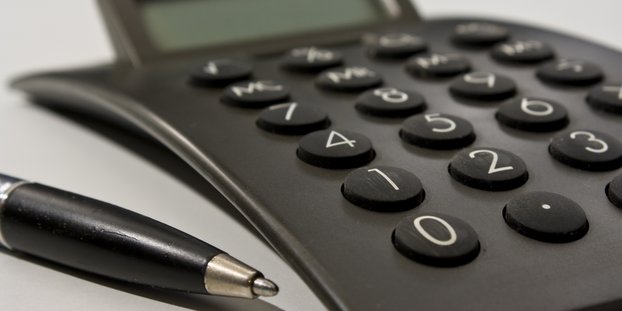
To follow up on the news this week that Anheuser-Busch InBev decided to takeover the Craft Brew Alliance for $222 million after initially declining to do so in August, Andy Morton, just-drinks Deputy Editor at GlobalData, sent over this analysis. For Morton, the message is patience.
“This is a deal that hardly registers on the scale of recent A-B InBev merger and acquisition (M&A), which includes the $107 billion takeover of SABMiller in 2016 and the pending $11.3 billion divestment of its Australian operations to Asahi Group.
“The final price tag, however, shows the virtue of A-B InBev’s patience as it allows the Budweiser brewer to gain full control of CBA for a knock-down price compared to activating an option negotiated three years ago.
“That A-B InBev was able to pick up CBA for less highlights what the slowdown of the US craft beer sector has done to the value of breweries. In 2016, when A-B InBev agreed the CBA buy-out option, craft beer was at the tail-end of double-digit yearly volumes and value growth. The sector is still growing, but at a much slower rate. According to GlobalData figures, while U.S. ales added almost $1 billion in sales value in 2013-14, the same category is estimated to grow by just $200 million this year.
“CBA’s management and its 800 employees will hope that the alliance’s full surrender to its minority partner can recapture growth, and help it shrug off a craft beer lethargy compounded by the incursion of hard seltzer and near-beer’s attraction to young legal-age males. There is much for A-B InBev to work with at CBA, not least the Kona brand, which this year sold so well on the back of its Hawaiian island heritage that production couldn’t keep up.
“Kona’s bright and sunny marketing fits well in the era of hard seltzer brand White Claw, and can go some way to protecting both CBA and A-B InBev from the fast-moving changes shaping the future of the beer category in the US.”
CBA Kona earnings highlights
Craft Brew Alliance, Inc. also reported its third quarter financials this week. The headline is again (surprise) the growth of Kona — depletion growth of 7% in the third quarter and 6% for the first nine months continued to outperform the craft segment and beer category overall, which were down 3.7% and 2%, respectively, compared to the same period in 2018. Now a top 10 craft brand as reported by Nielsen, Kona flagship Big Wave delivered double-digit domestic depletions growth in both channels during the third quarter, increasing by 17%, contributing to a 20% depletions increase year to date
We’ve written this a bunch already, but the fact that this sales momentum has yet to wear off for the CBA’s top brand shouldn’t be glossed over. As competition and market complexity pressured established brands in both the on and off-premise, Kona’s momentum – ignited by the distribution drive earlier this year – was sustained through strong retail programming and promotional pricing initiatives. And now with the full backing of its new global beer overlords, there might be no stopping this wave.
High on life following this A-B purchase, CBA Chief Executive Officer Andy Thomas had this to say about Q3’s positive results (for Kona):
“CBA’s third quarter depletions growth, fueled by Kona, is remarkable on a number of levels — in absolute terms, in contrast to the market overall, and notwithstanding its absolute size already as a top 10 national craft brand. Moreover, within the Kona family, it’s clear that Big Wave is just getting started. And speaking of just getting started, we’re also extremely excited about the announcement made yesterday with A-B, which gives us greater opportunity to continue nurturing the growth of CBA’s portfolio while delivering certainty of value to our shareholders.”
Despite Kona’s success, the CBA did have a $1.2 million net loss for the quarter compared to net income of $0.1 million in the third quarter in 2018. The net loss for the quarter includes the benefit of federal research and development tax credits, worth approximately $1.6M, or $0.08 per share, that were realized on recent operational investments.

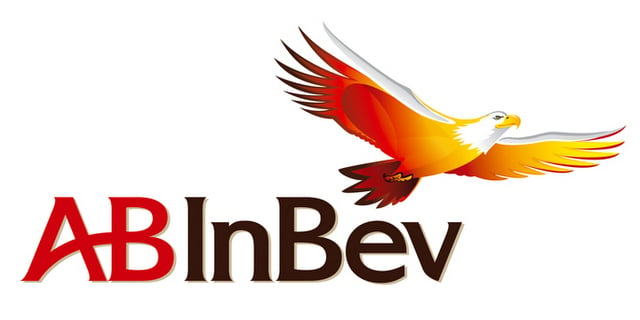
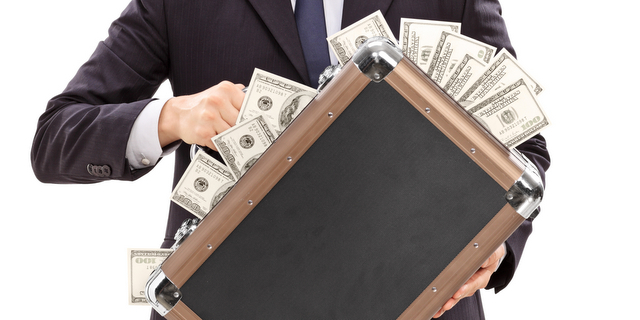
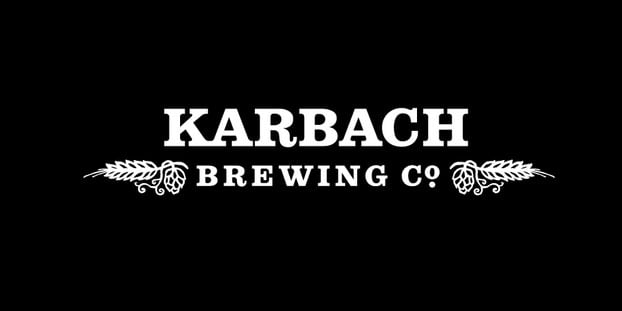
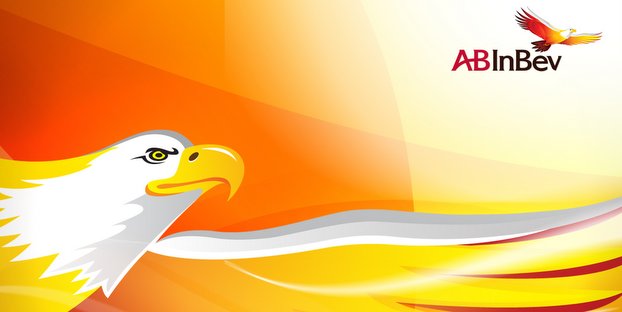
[…] beverage company, acquired the rest of Wynwood Brewing it did not own in 2018. Anheuser-Busch (AB) recently acquired the rest of CBA it did not already own last month, which basically makes Wynwood an AB […]